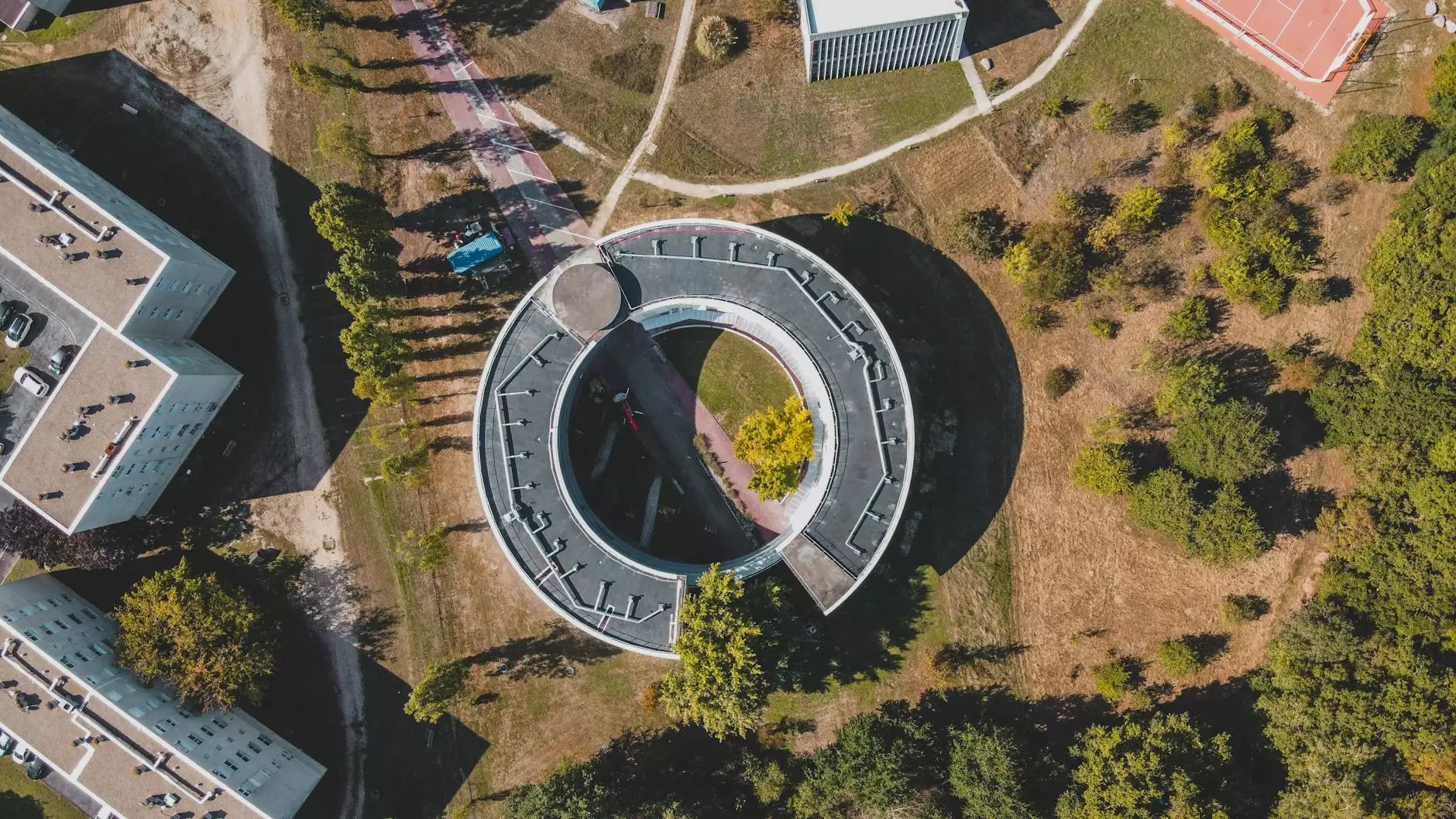Understanding the Significance of Solar Panel Wash

In today's world, where sustainable energy solutions are more crucial than ever, maximizing the efficiency of solar panels is paramount. One effective way to ensure that your solar panels are operating at their highest potential is through regular solar panel wash. This essential maintenance service helps in removing dirt, debris, and contaminants that can significantly impact the performance of solar energy systems.
What is Solar Panel Washing?
Solar panel washing refers to the process of cleaning solar panels to remove physical obstructions such as dust, bird droppings, and other debris that may accumulate over time. Just like any other surface, solar panels require regular cleaning to ensure they can absorb maximum sunlight and convert it into electricity efficiently.
Why is Solar Panel Washing Important?
The importance of a solar panel wash cannot be overstated. Here are some reasons why maintaining clean solar panels is critical:
- Improved Energy Efficiency: Clean solar panels can absorb more sunlight, leading to higher energy generation. Studies show that dirty panels can lose up to 25% of their efficiency.
- Prolonged Lifespan: Regular cleaning can help prevent corrosion and other damages that may be caused by contaminants, thereby extending the overall lifespan of the panels.
- Enhanced Aesthetic Appeal: Clean solar panels contribute to the overall appearance of your home or business, portraying a professional and eco-friendly image.
- Increased Return on Investment: Maintaining the efficiency of your solar panels ensures that you maximize your energy savings, providing a better return on your investment.
How Does Dirt Affect Solar Panel Performance?
The effectiveness of solar panels diminishes when they are covered with dirt, dust, pollen, and other materials. This accumulation of grime creates a barrier between the panels and sunlight. The most common contaminants include:
- Dust and Pollen: Natural elements that settle on solar panels, especially in rural or agricultural settings.
- Bird Droppings: A frequent issue for solar panel owners, bird excrement can be particularly damaging and difficult to remove.
- Leaves and Debris: Falling leaves can obstruct sunlight, especially during autumn. Regular cleaning prevents buildup.
All of these factors can lead to decreased performance and, over time, may require more frequent maintenance or even costly repairs.
The Process of Solar Panel Washing
When considering a solar panel wash, it's essential to understand how the process works. Below is a step-by-step guide:
- Assessment: A thorough assessment of the solar system is conducted to determine the best cleaning method.
- Preparation: Nearby areas are cleared, and precautions are taken to protect landscaping and other structures.
- Washing: The use of purified water is recommended to avoid mineral deposits. Soft brushes or squeegees are employed to prevent scratching.
- Rinsing and Drying: After washing, panels are rinsed to remove all cleaning agents. If necessary, they are dried quickly to prevent streaks.
- Final Inspection: A final inspection ensures all debris is removed, and the panels are in optimal condition.
Professional vs. DIY Solar Panel Washing
While some homeowners may consider performing solar panel wash themselves, hiring professionals can have numerous advantages:
Benefits of Professional Washing
- Expertise: Professionals have the knowledge and tools necessary to clean panels safely and effectively.
- Safety: Cleaning solar panels can pose risks, especially for those on rooftops. Professionals are trained in safety protocols.
- Insurance: Many professional services are insured, protecting you from any liability or damage during the cleaning process.
- Convenience: Hiring a professional saves you time and effort, allowing you to focus on other important tasks.
DIY Solar Panel Washing Considerations
If you choose to wash your panels yourself, here are some key considerations:
- Timing: Choose a cooler day since cleaning hot panels can cause thermal shock.
- Equipment: Use soft brushes and non-abrasive cleaners to prevent damage.
- Water Quality: Always opt for distilled or deionized water to avoid streaking.
How Often Should Solar Panels Be Washed?
The frequency of washing depends on several factors, including:
- Location: Areas with high dust or pollen typically require more frequent cleanings.
- Weather Conditions: Rain can help keep panels clean, while dry conditions necessitate more frequent attention.
- Surrounding Environment: Nearby trees, farms, or urban areas can impact how often cleaning is needed.
As a general guideline, a solar panel wash every 6 months to a year is recommended for optimal performance.
Conclusion: Invest in Your Solar Future
In conclusion, a regular solar panel wash is an investment in the efficiency and longevity of your solar energy system. Understanding the importance of maintaining clean panels allows you to maximize energy production, extend equipment life, and ultimately receive a better return on your investment. Don't overlook this vital aspect of solar panel maintenance; it can make all the difference in harnessing the full potential of solar energy.
Contact Us for Your Solar Panel Washing Needs
At Wash Me Solar, we specialize in professional solar panel cleaning tailored to your specific needs. Our trained technicians utilize the latest equipment and techniques to ensure your solar panels are cleaned safely and effectively. Visit our website washmesolar.com or contact us today to schedule your solar panel wash!



